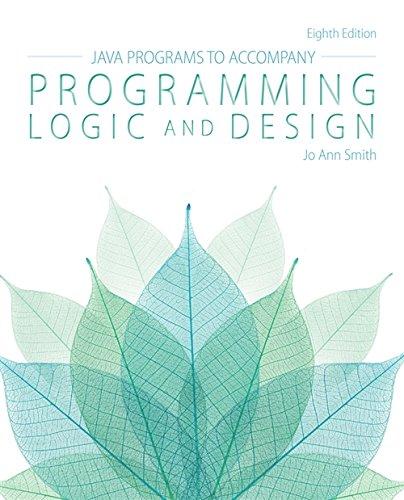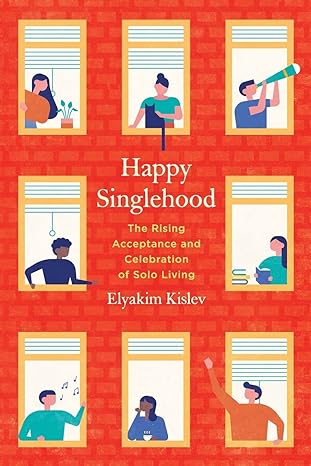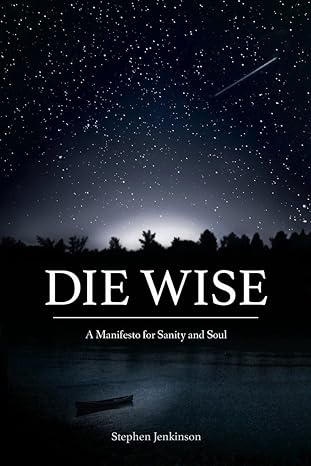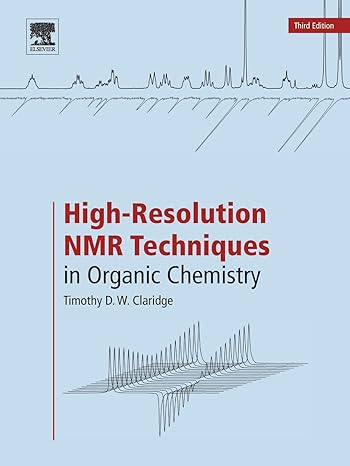Go back

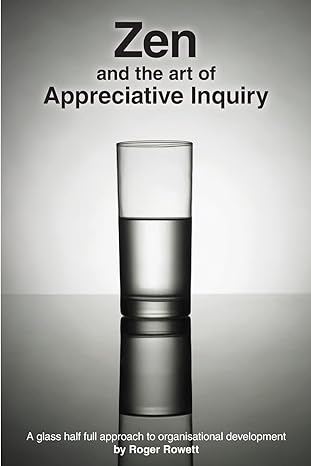
Zen And The Art Of Appreciative Inquiry A Glass Half Full Approach To Organisational Development(1st Edition)
Authors:
Mr Roger B Rowett

Cover Type:Hardcover
Condition:Used
In Stock
Include with your book
Free shipping: April 03, 2024Popular items with books
Access to 3 Million+ solutions
Free ✝
Ask 10 Questions from expert
200,000+ Expert answers
✝ 7 days-trial
Total Price:
$0
List Price: $20.00
Savings: $20(100%)
Book details
ISBN: 1482647257, 978-1482647259
Book publisher: CreateSpace Independent Publishing Platform
Get your hands on the best-selling book Zen And The Art Of Appreciative Inquiry A Glass Half Full Approach To Organisational Development 1st Edition for free. Feed your curiosity and let your imagination soar with the best stories coming out to you without hefty price tags. Browse SolutionInn to discover a treasure trove of fiction and non-fiction books where every page leads the reader to an undiscovered world. Start your literary adventure right away and also enjoy free shipping of these complimentary books to your door.
Zen And The Art Of Appreciative Inquiry A Glass Half Full Approach To Organisational Development 1st Edition Summary: The book provides a step by step guide to the use of Appreciative Inquiry, a 'glass half full' approach to organisational development. It also describes the author's journey in relation to his understanding of AI and how it made sense of his map of the world. The book takes readers through the 5D process, a proven method of taking the workforce and other stakeholders through a process of culture change and business improvement. The process has been successfully used by organisations across the world and is known for its ability to engage and motivate people, ensuring that actions are sustainable into the long term. Taken from the Foreword of the book by a leader within the Welsh Government, Dr Neil Wooding says: "Those of us working across the domain of organisational development who have occasionally flirted with Appreciative Inquiry as a change technology, will immediately see the value of this book. It captures the essence of engaging and transforming the way we think and act and reminds us of the most important ingredient in delivering organisational change – people. For those who perhaps, have little knowledge or experience of Appreciative Inquiry, but a keen interest in expanding their personal and professional horizons to discover new ways of delivering change – this book provides a solid platform for beginning the journey. As a description of the Appreciative Inquiry process, it offers an intuitive and experiential account of how to engineer change in an engaging and liberating way. It provides a solid evidence base for re-thinking the approach we take when working with organisations to transform practice. But more than this, Roger Rowett introduces us to a different way of understanding the world beyond the application of a set of principles and procedures. In a warm and self-deprecating way, he convinces us that to fully understand and engage with the idea of Appreciative Inquiry we have to recognise the sanctity of relationship and the ocean of human potential that exists in everyone. In this regard, Appreciative Inquiry is an invitation to see the world in a different way, to re-construct the social and to acknowledge the connectivity of all things. We are reminded clearly that without exception, everything is delivered through relationship. Often in our desire to deliver change we focus upon the transactional, believing that small practical steps exchanged in the moment will lead to transformational outcomes. This is rarely the case. In fact, I am unable to recall a credible example of where this has occurred in the world of organisational development. ‘Zen and the Art of Appreciative Inquiry’ provides a template for making the art of the possible probable and for delivering breath-taking change through people. Some years ago, I was involved in helping an organisation to set a new course on its journey towards delivering world class healthcare. It wanted to radically reshape the way services were delivered based upon a new approach to working collaboratively with other delivery organisations, patients and the wider community. Using Appreciative Inquiry, to divine the future, 300 key stakeholders, some of whom were highly critical of the organisation with long established stories of contempt and criticism were brought together. The process was underpinned by the principles and practices detailed within this book. To my surprise, the outcome was transformational. Those who came to the workshop with long held grievances and ritualised distrust let go of their discontent and doubt, those who came with cynicism and disbelief rekindled their sense of hope that a new way could be found and those who came to be heard who already knew where the future lay were listened to. Everyone left feeling fulfilled, part of a greater good and confident of their future role in delivering a new way forward".
Customers also bought these books
Frequently Bought Together
Top Reviews for Books
Kay Kedi
( 5 )
"Delivery was considerably fast, and the book I received was in a good condition."



